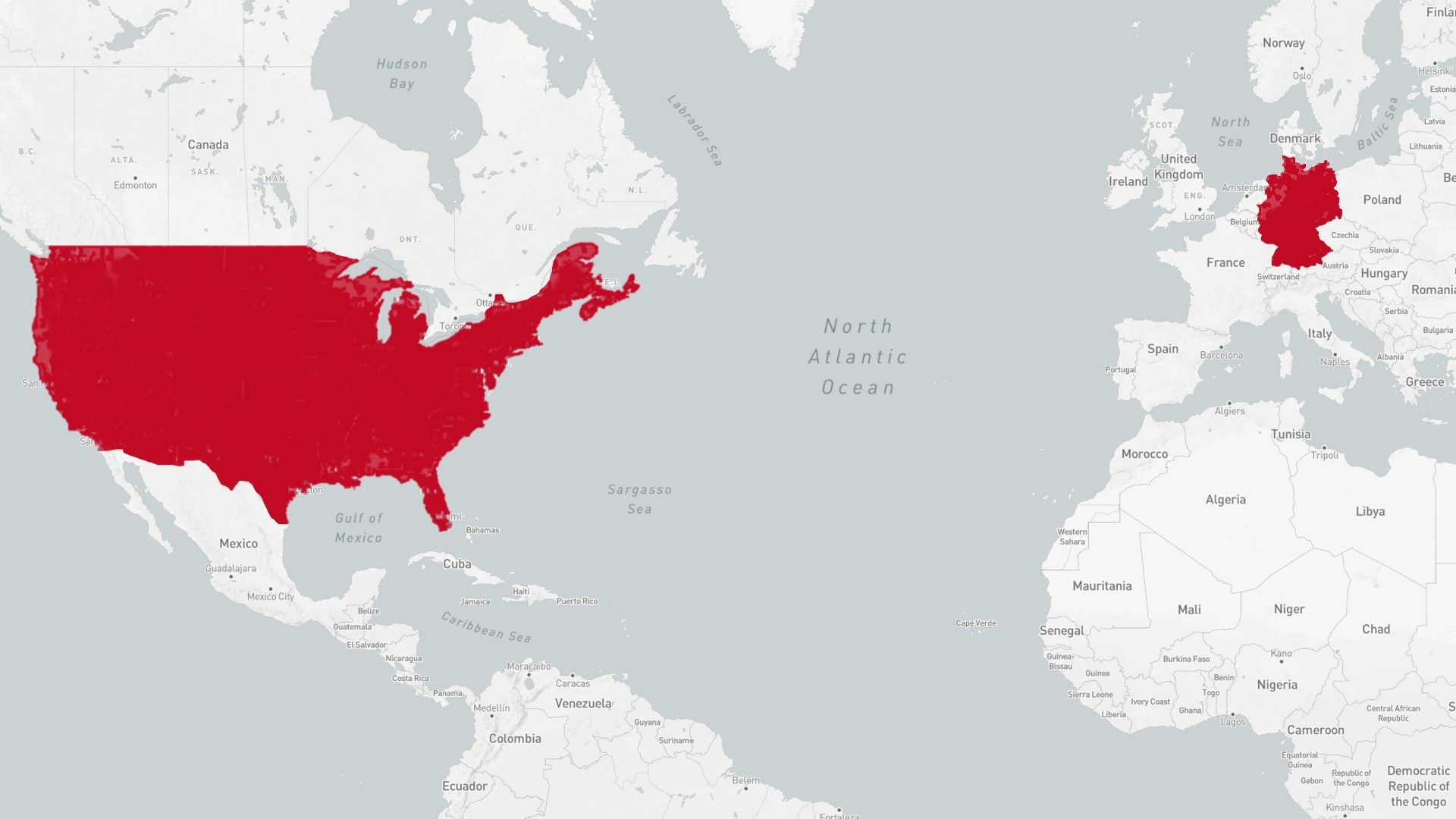Of Netflix, Napoleon and the French Film Heritage
2021
written by

Mariana Hristova
& Alina Hirschhausen
Netflix has long been perceived as a threat within the French film world. But in a recent soft power seduction mission, the American streaming giant has managed to win over a few prestigious film-related institutions in France, and has even engaged in heritage film preservation. Could this be a possible solution for a sector facing a race against time?

Abel Gance's Napoléon at the Paramount Theatre Oakland, 2012. Photo by Pamela Gentile, courtesy of San Francisco Silent Film Festival.
The way France treats its film industry is unique. Being the birthplace of cinema, the country perceives film as an integral part of its cultural heritage. In the spirit of the “cultural exception” — a fiercely-guarded principle protecting cultural production from liberal market forces — the French film industry benefits from generous, state-imposed subsidies more than any other European country.
So, when Netflix entered the French market in 2014, it was naturally met with hostility and skepticism. Nicknamed ‘King Kong“ or “trouble maker“ by the press, the American streaming giant was seen as a threat to a film production ecosystem that relies on subsidies generated by taxes on cinema tickets, one that values movie theaters as a sanctuary of the cinematic experience. The French cinema sector’s severe opposition to the online streaming company even led to Netflix productions being banned from the Cannes Film Festival’s official competition.
Recently, however, the French cinema establishment has been warming up to Netflix. Last January, the Cinémathèque Française — the prestigious Parisian institution devoted to the preservation and promotion of French and world film heritage through its rich collection — announced a partnership with the streaming service. Netflix agreed to co-finance the restoration of Napoléon by Abel Gance, an epic silent film from 1927 and major chef d’oeuvre in cinema history. A series of events co-hosted by Netflix and the Cinémathèque Française has also been announced as the second pillar of the partnership. In an official press statement, Netflix hinted that Napoléon could be the first of many cinema classics it helps restore.
Bringing together two opposite ideological views of the audiovisual industry, the partnership came as a surprise. The Cinémathèque Française, home to one of the worlds’ oldest and biggest film archives, promotes the idea that film is a cultural heritage and an art form worth preserving. Meanwhile Netflix’s business model consists of providing modern mainstream content as an at-home, on-demand online service in a profit maximizing manner.
How did the French film industry suddenly change its attitude towards Netflix? And how did Netflix become an advocate for film heritage preservation?
A Soft Power Seduction Mission
According to Sabrina Joutard, head of SCFP (Syndicat des Catalogues de Films de Patrimoine), the partnership is above all a “big marketing operation.” In fact, Gance’s Napoléon, a silent film classic that retraces the early years of the French emperor, is a highly emblematic movie in cinema history. During production, Gance used many technical innovations, including rapid editing, hand-held shots and horse-mounted visuals. The film’s famous ending scene was also intended to be projected on three different screens simultaneously. In an unprecedented restoration project, the original seven-hour director’s cut (the so-called “Apollo” version) has been in the restoration process at the Cinémathèque Française since 2008. It’s a highly challenging task, as 22 versions of Napoléon are scattered around the globe per Georges Mourier, the head of the restoration. The plan was to restore the iconic movie by May 5, 2021 — the 200th anniversary of Napoleon’s death. But due to the laborious nature of the restoration project, the release has been postponed to 2023.
In addition to provoking a lot of media attention, Netflix’s involvement with the Cinémathèque Française appears to be part of a soft power strategy to extend the company’s influence in the French audiovisual industry. When opening its Paris office in January 2020, CEO Reed Hastings told the French weekly L’Express that “Netflix intends to become a major French producer and no longer just a Hollywood content export machine.” By that time, Netflix had produced 24 original French audiovisual works since entering the French market in 2014. In 2020 alone, production accelerated to 20 projects in France, including big audience successes such as Lupin andThe Eddy. For 2021, 30 original French productions are scheduled.
Prior to Netflix’s partnership with the Cinémathèque Français, the streaming service collaborated with several prestigious French film schools — including Gobelins – School L’image, La Fémis and Kourtrajmé — by financing scholarships and residency programs. Netflix also signed a deal with MK2 films, a prestigious Paris-based distributor focusing on heritage films, and thus acquired the streaming rights for 50 iconic classic films for a limited time.
New Legal Obligations for Streaming Platforms
Far from being innocent love declarations to the French audiovisual landscape, these partnerships and investments occurred at the dawn of significant legal changes in the French audiovisual industry. On July 1, 2021, the “SMAD” decree came into force. Transposing a 2018 EU directive into French national law, the mandate obligates video streaming platforms to invest 20 to 25 percent of their turnover achieved in France to the financing of French and European cinema and audiovisual content.
The SMAD decree also includes incentives for the promotion or preservation of heritage films, allowing streaming platforms to include the financing of film restoration and the acquisition of streaming rights for films that were released at least 30 years ago within their annual investment obligations. Netflix’s involvement with the Cinémathèque Française occurred before the SMAD decree was passed, but it is safe to assume that the streaming giant was eager to strengthen its bargaining position with the French audiovisual legal institutions.
A Race Against Time
Even though heritage film professionals welcome the new legal efforts to promote film preservation, some consider them far from being sufficient. During the past decade, public funding for restoration and digitalization for heritage films has dramatically decreased in France. Between 2013 and 2018, the annual budget dedicated to film preservation by the public agency CNC has shrunk from 14 to 2.8 million euros, a decrease that has been further exacerbated by the COVID-19 pandemic.
The drastic decline in public financing for heritage film preservation led to the creation of the SCFP, a union of film professionals dedicated to the preservation and promotion of film heritage. According to the aforementioned Joutard, these professionals are confronting a race against time: “Many heritage films are in a very bad condition because their support material decomposes with time. It is a problem that should be taken seriously by the government. These films are part of our culture and deserve to be protected.”
With regards to Netflix co-financing of the restoration of Napoléon, Joutard says that the SCFP welcomes the arrival of streaming companies and their potential future investments in heritage films, but that these efforts should be accompanied by visibility obligations: “The important thing is that these films are shown to the biggest possible audience.”
However, the new legal investment rules for streaming platforms do not include streaming obligations for heritage films (as the SCFP had demanded during the negotiations). As for Napoléon, the Cinémathèque Française has announced that the restored “Apollo” version will be released in movie theaters in 2023, prior to being screened by public broadcast TV channels. There is currently no deal in place for a Netflix release.
The article has been published on Vague Visages





